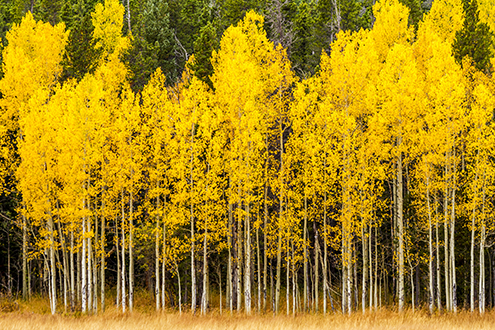 /wp-content/uploads/2021/10/fall_solar_sale-495x330-1.png
330
495
Chris Allis
/wp-content/uploads/2021/06/ecomark-solar-logo-with-panel.png
Chris Allis2021-10-27 13:26:042021-11-22 13:33:46Eight Reasons Fall is the Best Time to Order Solar
/wp-content/uploads/2021/10/fall_solar_sale-495x330-1.png
330
495
Chris Allis
/wp-content/uploads/2021/06/ecomark-solar-logo-with-panel.png
Chris Allis2021-10-27 13:26:042021-11-22 13:33:46Eight Reasons Fall is the Best Time to Order SolarAlthough winter is coming, that doesn’t mean that your solar panels will stop producing energy.
Solar power can be a great source of energy for your home or property. Solar power is renewable, sustainable and growing in popularity every year. But if you’re living in a cold or snowy climate, you may be concerned about how your solar panels perform in snowy conditions during winter. After all, the days are shorter, the temperature is lower, and the snow can block the sun from reaching your solar panels.
Don’t worry too much, though. The efficiency of solar panels is less affected by the temperature outside and more affected by the amount of sunlight. In fact, solar panels can actually perform better in colder temperatures. Sure, the snow can still be a nuisance, but there are ways to prevent heavy snowfall from blocking your solar panels. And while solar panels produce less energy due to the days being shorter and the sun being lower in the sky, solar panels can still be a great way to take care of some, if not all, of your energy needs in the winter.
Solar Panels Need Light, Not Heat
Solar panels only require light, not heat, to continue functioning correctly. While the efficiency of your solar panels might be impacted by extremes in temperature, such as when it’s extremely hot or below freezing outside, solar panels are far more affected by the amount of light they receive than they are by how cold it is.
The cold might actually help your solar panels produce more energy. Solar panels are most efficient when it’s cold and sunny outside, so they’ll still be able to produce energy as long as you’re not living in the Arctic Circle or somewhere else that gets very little sun in the winter. However, the impact temperature has on solar panels mainly depends on the voltage of your units. Photovoltaic units with a lower voltage are more impacted by high temperatures than low voltage units, which means that low-voltage sun panels tend to perform better when it’s cold and sunny out.
Summer Versus Winter
Depending on the type of solar panels you’ve installed in your home, you may actually have more issues cooling down your solar panels in the summer than you will with energy output in the winter.
While cold temperatures help solar panels convert energy more efficiently, shorter days will have an impact on your energy output, since solar panels can only work when there’s sunlight in the sky. However, you can increase how much sun your solar panels receive just by facing them toward the sun and tilting them seasonally. If you’re living in the Northern Hemisphere, you’ll want solar panels facing south. Colorado homeowners should be using south-facing panels, especially during the winter.
As the sun is situated in a lower position in the winter, the tilt of your panels is just as important as the direction they’re facing. Understandably, many people install solar panels on their rooftops, and it can be expensive to install a racking system or renovate your roof just for a more efficient tilt. But it’s likely that your roof is already tilted if you’re living in a snowy climate, which should be great for your energy output in the winter. Due to the lowered position of the sun, a steep tilt is beneficial in the winter and allows your solar panels to soak up as much sunlight as possible.
Solar Panels and Snow
Snowfall is another issue that impacts the effectiveness of solar panels, but this might not be as much of a problem as you may think. Snow isn’t heavy enough to have much of a negative effect on solar panels and will usually melt before it becomes an issue. Solar panels are usually designed to allow as much snow as possible to slide off, but heavy snowfalls have the potential to completely block your solar panels. As long as your solar panels are blocked, they won’t be able to work properly. But most solar panels can be cleaned easily, so call a professional if this happens to wipe any snow off safely.
Despite snow’s ability to block solar panels and affect their output, snow is not the mortal enemy that it may seem to be. Due to the albedo effect, snow can actually make solar panels produce more electricity. The whiteness of snow reflects off sunlight, working much like a mirror. This is the same principle that explains why skiers burn more on the slopes, and it can help your solar panels work more efficiently.
Solar Panel Tips for Snowy Climates
If you’re wondering how to get the most out of your solar panels in the winter, just follow these tips, and you’ll soon be producing as much sustainable power as possible. Install solar panels at a higher angle. A bigger tilt will help your panels generate more energy when the sun is lower.
Make sure your solar panels are facing south so they get more sunlight.
Avoid raking snow off rooftop solar panels, as it can scratch or damage them, and it can also be dangerous. If your panels are sufficiently tilted, snow should melt off fairly quickly.
All in all, solar panels can be a great way to reduce your carbon footprint and save money on energy costs, regardless of the time of year. And despite some minor issues like snow blockage, solar panels can even perform well in cold and snowy climates.
Learn more about the advantages of using solar energy in Colorado and contact us today!
 /wp-content/uploads/2021/10/fall_solar_sale-495x330-1.png
330
495
Chris Allis
/wp-content/uploads/2021/06/ecomark-solar-logo-with-panel.png
Chris Allis2021-10-27 13:26:042021-11-22 13:33:46Eight Reasons Fall is the Best Time to Order Solar
/wp-content/uploads/2021/10/fall_solar_sale-495x330-1.png
330
495
Chris Allis
/wp-content/uploads/2021/06/ecomark-solar-logo-with-panel.png
Chris Allis2021-10-27 13:26:042021-11-22 13:33:46Eight Reasons Fall is the Best Time to Order Solar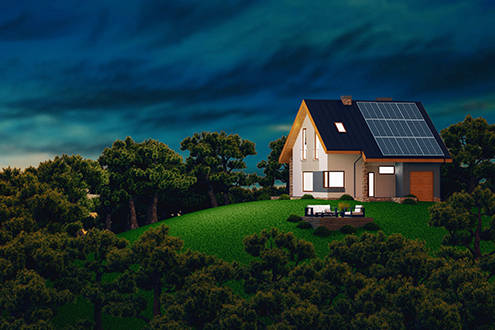
How to Get 10x Value from Your Solar Panel System with Storage
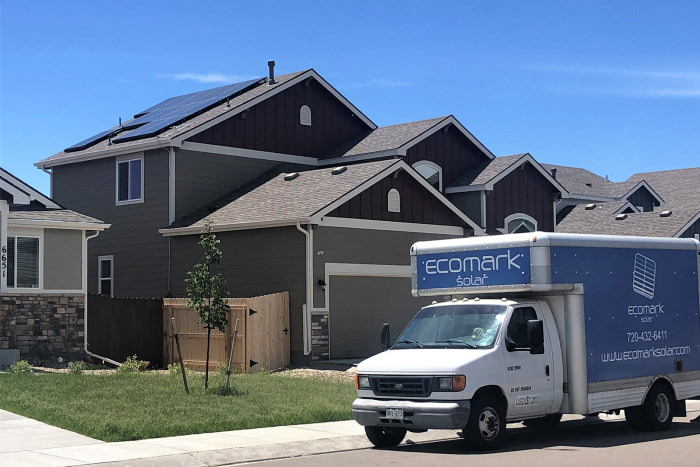
Make Power Outages a Thing of the Past For The Future of Your Home
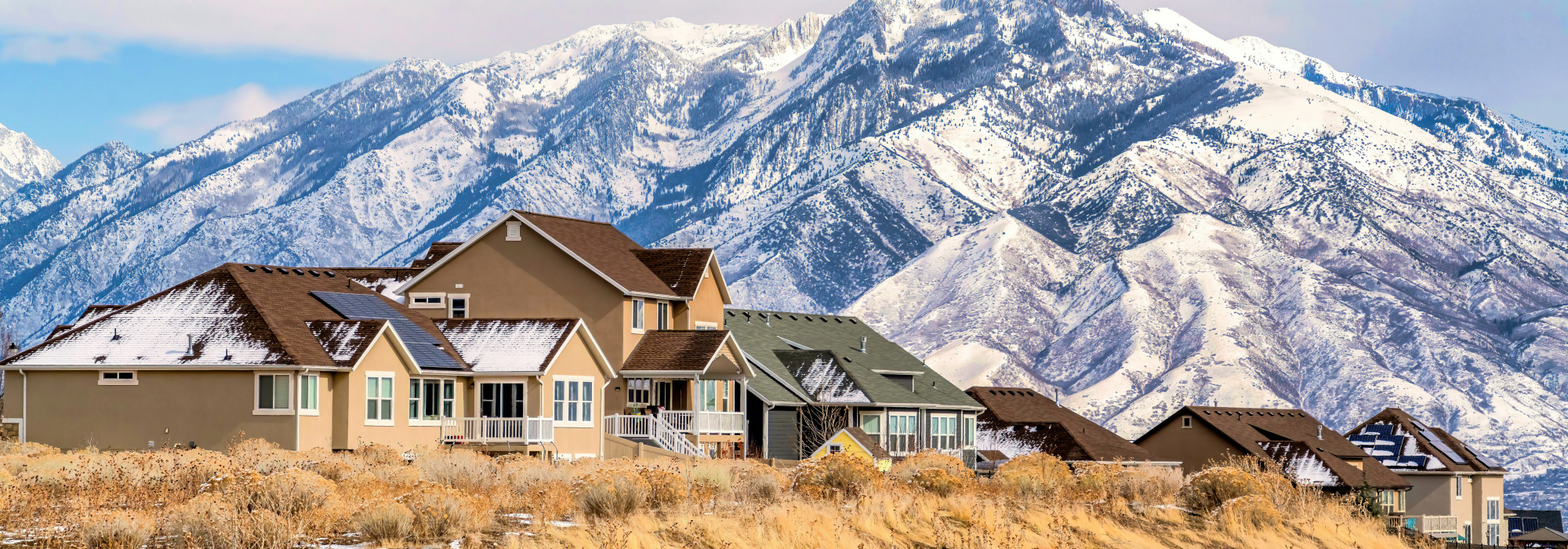 /wp-content/uploads/2021/06/colorado-solar-panels-in-the-rockies.jpg
700
2000
Max Cowles
/wp-content/uploads/2021/06/ecomark-solar-logo-with-panel.png
Max Cowles2021-07-16 17:15:352021-07-20 12:33:024 Things They Don’t Want You to Know About Solar Energy
/wp-content/uploads/2021/06/colorado-solar-panels-in-the-rockies.jpg
700
2000
Max Cowles
/wp-content/uploads/2021/06/ecomark-solar-logo-with-panel.png
Max Cowles2021-07-16 17:15:352021-07-20 12:33:024 Things They Don’t Want You to Know About Solar Energy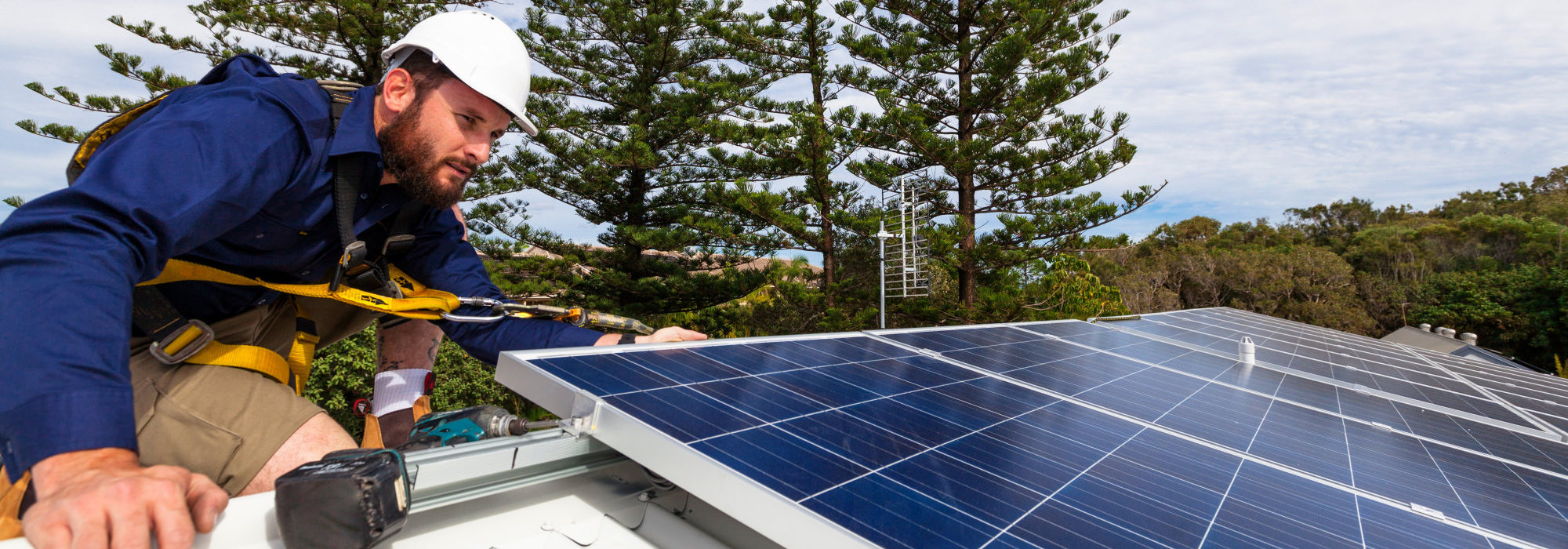 /wp-content/uploads/2021/07/colorado-solar-panel-installation-2000-700.jpg
700
2000
Max Cowles
/wp-content/uploads/2021/06/ecomark-solar-logo-with-panel.png
Max Cowles2021-07-16 16:57:582021-07-21 01:56:43Winter Solar Panel Maintenance Tips
/wp-content/uploads/2021/07/colorado-solar-panel-installation-2000-700.jpg
700
2000
Max Cowles
/wp-content/uploads/2021/06/ecomark-solar-logo-with-panel.png
Max Cowles2021-07-16 16:57:582021-07-21 01:56:43Winter Solar Panel Maintenance Tips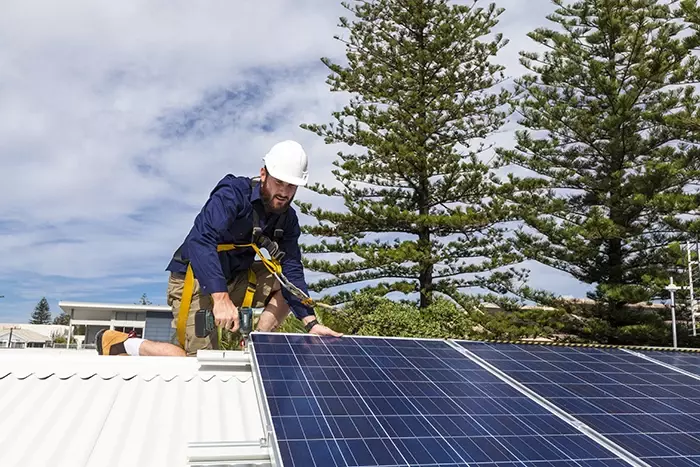 /wp-content/uploads/2021/08/how-solar-panel-installation-works-700x467-1.webp
467
700
Max Cowles
/wp-content/uploads/2021/06/ecomark-solar-logo-with-panel.png
Max Cowles2021-07-16 16:56:042021-08-16 18:48:15What is Net Metering, and How Does it Work?
/wp-content/uploads/2021/08/how-solar-panel-installation-works-700x467-1.webp
467
700
Max Cowles
/wp-content/uploads/2021/06/ecomark-solar-logo-with-panel.png
Max Cowles2021-07-16 16:56:042021-08-16 18:48:15What is Net Metering, and How Does it Work? /wp-content/uploads/2021/07/how-much-does-solar-cost-700467-1.jpg
467
700
Max Cowles
/wp-content/uploads/2021/06/ecomark-solar-logo-with-panel.png
Max Cowles2021-07-16 15:58:452021-07-21 02:30:34What happens when your solar system gets hit by hail?
/wp-content/uploads/2021/07/how-much-does-solar-cost-700467-1.jpg
467
700
Max Cowles
/wp-content/uploads/2021/06/ecomark-solar-logo-with-panel.png
Max Cowles2021-07-16 15:58:452021-07-21 02:30:34What happens when your solar system gets hit by hail?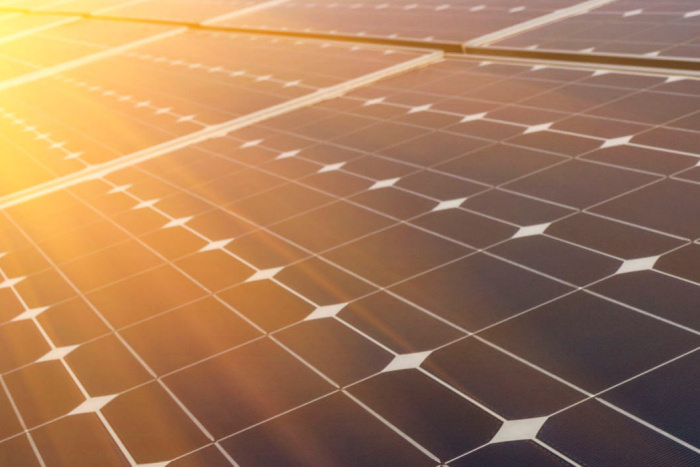 /wp-content/uploads/2021/07/best-solar-panel-installation-products-700467.jpg
467
700
Max Cowles
/wp-content/uploads/2021/06/ecomark-solar-logo-with-panel.png
Max Cowles2021-07-16 15:53:482021-07-21 02:09:17What Are the Financial Incentives for Going Solar?
/wp-content/uploads/2021/07/best-solar-panel-installation-products-700467.jpg
467
700
Max Cowles
/wp-content/uploads/2021/06/ecomark-solar-logo-with-panel.png
Max Cowles2021-07-16 15:53:482021-07-21 02:09:17What Are the Financial Incentives for Going Solar?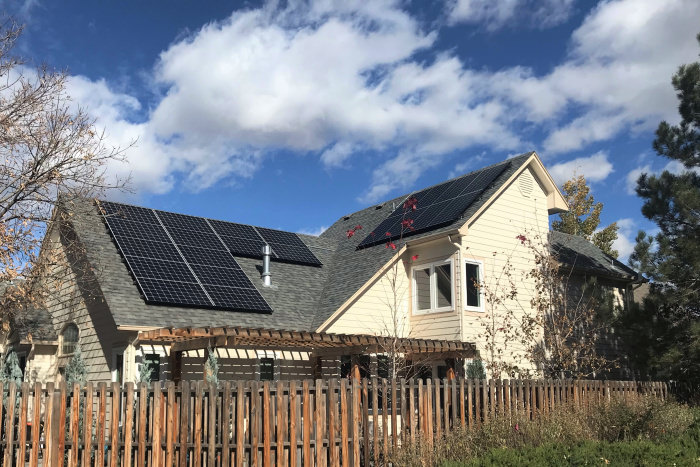 /wp-content/uploads/2021/07/over-3500-installations-in-colorado-700-1.jpg
467
700
Max Cowles
/wp-content/uploads/2021/06/ecomark-solar-logo-with-panel.png
Max Cowles2021-07-16 15:51:492021-07-19 19:42:28What are Micro-Inverters and Optimizers?
/wp-content/uploads/2021/07/over-3500-installations-in-colorado-700-1.jpg
467
700
Max Cowles
/wp-content/uploads/2021/06/ecomark-solar-logo-with-panel.png
Max Cowles2021-07-16 15:51:492021-07-19 19:42:28What are Micro-Inverters and Optimizers?Categories
EcoMark Solar
Corporate Office
4665 Paris Street #300-C
Denver, CO 80239


